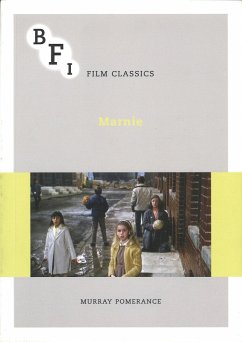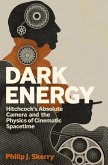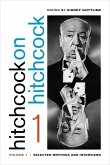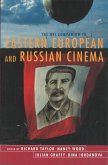A thrilling tale of anxiety and moral extremity, Marnie (1964) cemented Alfred Hitchcock's reputation as a master of suspense and the visual form.
Murray Pomerance here ranges through the many tortuous and thrilling passages of Marnie, weaving critical discussion together with production history to reveal Marnie as a woman in flight from her self, her past, her love, and the eyes of surveilling others. Challenging many received opinions - including claims of technical sloppiness and the proposal that Marnie's marriage night is a 'rape scene' - Pomerance sheds new light on a film that can often be difficult to understand and accept on its own terms.
Original and stimulating, this BFI Film Classic identifies Marnie as one of Hitchcock's masterpieces, highlights the film's philosophical and psychological sensitivity, and reveals its sharp-eyed understanding of American society and its mores.
Murray Pomerance here ranges through the many tortuous and thrilling passages of Marnie, weaving critical discussion together with production history to reveal Marnie as a woman in flight from her self, her past, her love, and the eyes of surveilling others. Challenging many received opinions - including claims of technical sloppiness and the proposal that Marnie's marriage night is a 'rape scene' - Pomerance sheds new light on a film that can often be difficult to understand and accept on its own terms.
Original and stimulating, this BFI Film Classic identifies Marnie as one of Hitchcock's masterpieces, highlights the film's philosophical and psychological sensitivity, and reveals its sharp-eyed understanding of American society and its mores.









